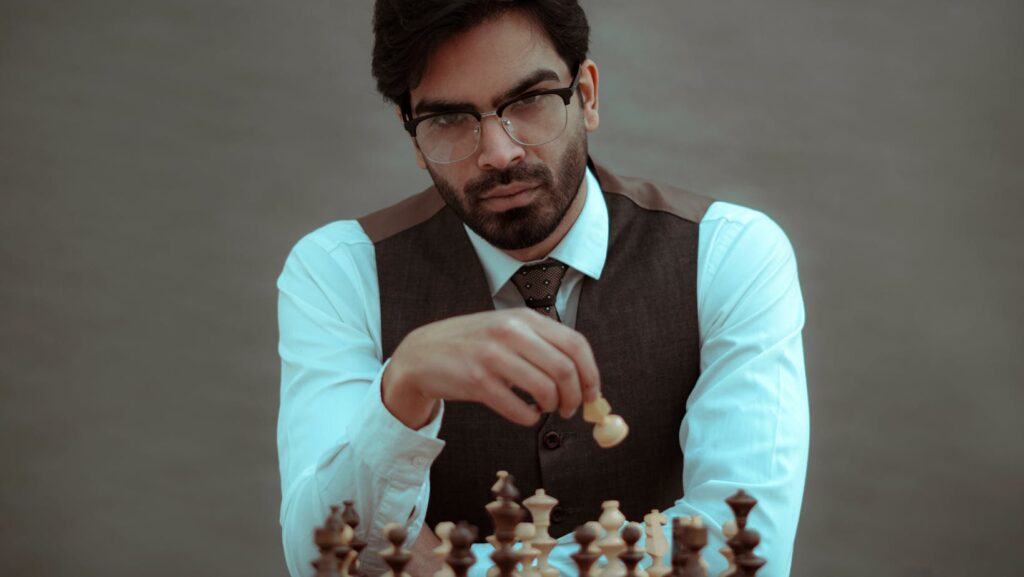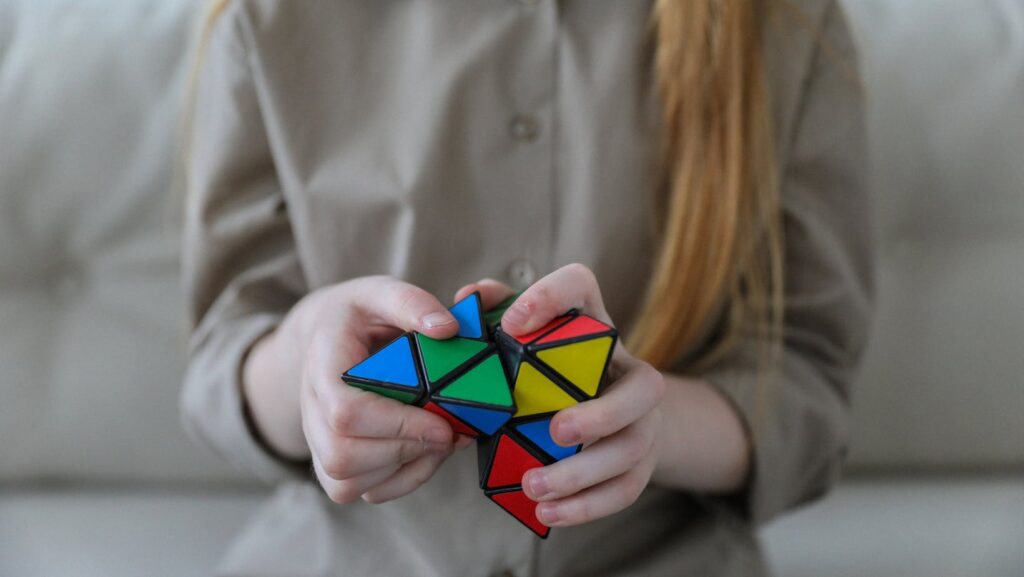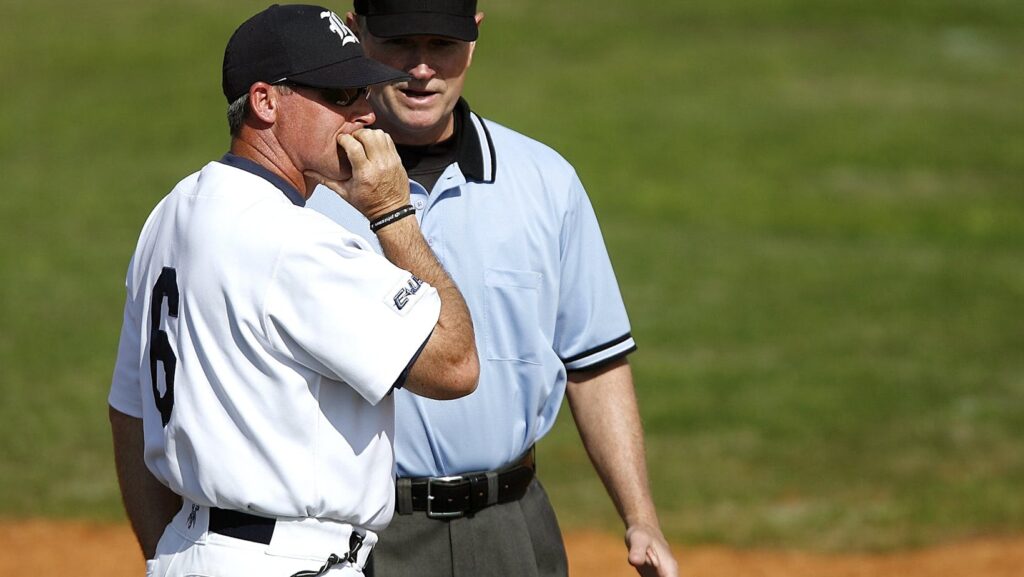In the high-octane world of competitive sports, it’s not just about physical prowess and raw talent. The ability to make smart, strategic decisions often separates the good from the great. This article delves into the crucial role of tactical decision-making in sports, offering a fresh perspective on winning strategies.
From the crunching tackles of football to the precise serves in tennis, every move is a calculated decision. But what’s the secret behind these split-second judgments that can turn the tide of a game? We’ll explore the science and psychology behind this fascinating aspect of sports.

The Ability To Make Good Tactical Decisions Within A Sport Is Called
As great power unveils itself from the mastery of tactical decision-making, athletes and coaches comprehend its link to competitiveness. Victory cannot be pure luck or sheer physical prowess; the process demands strategic planning. Tactical decisions echo far beyond a single move, influencing the course of the entire game. A strategic serve in tennis, for example, might force the opponent to make a weak return, enabling an offensive play, thus stressing the importance of every decision.
Data from several sports studies confirm this critical role. An analysis of Olympic gold medalists from various sports found a common denominator in their triumph—the ability to make a split-second tactical decision under pressure. It’s evidence that the strategic mind plays as important a role as a conditioned body in the sports realm.
Key Factors Influencing Tactical Decisions
Evidently, the root of strategic sports decision-making lies in multiple influencing factors. The knowledge of the sport, one’s performance capacity, opponent’s strengths and weaknesses, and the current game dynamics—these play a pivotal role in decision-making.
Consider a footballer facing a free-kick situation. Here, the athlete’s decision is influenced by factors like distance from the goal, his shooting ability, the goalkeeper’s positioning, and their understanding of the game’s current phase.
Another significant influence on tactical decisions rests in the ability to handle mental pressure. High-stress environments can cloud judgement, in turn, affecting the outcome. Athletes trained to make decisions under high-pressure situations typically outperform their counterparts.

Evaluating Decision-Making Skills in Athletes
The evaluation of decision-making skills in athletes comprises multiple factors. Contrasted with general knowledge in sports, these skills play a more significant role when it comes to real-time matches. Deep dive into two critical aspects: Psychological and Physical factors which aid in improving athletes’ tactical decisions.
Psychological Aspects
Psychological factors greatly determine an athlete’s tactical decision-making prowess. At the core of these factors lie mental toughness, focus, and resilience. For example, sports psychologists often counsel athletes to heighten their in-game decision-making ability.
Studies by credible sources, such as the American Psychological Association, suggest that an athlete’s ability to handle stress and maintain calmness under pressure often results in superior tactical decisions. This ability, in turn, influences the overall game strategy and impacts the outcome of the competition.
Moreover, an athlete’s cognitive ability plays a crucial role in decision-making. Superior pattern recognition skill enables athletes to interpret game situations rapidly and accurately. Contextually, these attributes foster effective game strategies and, consequently, game success.
Physical Factors and Conditioning
Apart from the psychological aspects, an athlete’s physical conditioning also significantly influences decision-making skills. For instance, endurance and direct skill-related components deeply impact an athlete’s tactical decisions.
A study in the Journal of Sports Sciences has established that robust physical conditioning can delay fatigue onset, thereby enabling athletes to maintain the quality of their decisions throughout the game’s duration. This enduring decision-making ability proves highly beneficial, specifically during extended and strenuous competitions.
Additionally, fast reaction times, a product of excellent physical conditioning, promotes sharper in-game decision making. Athletes with quicker reaction times can assess situations and make tactical decisions rapidly, which often results in a competitive advantage.
Both psychological preparedness and physical fitness are indispensable in cultivating superior decision-making skills in athletes. Each plays a definitive role in shaping the effectiveness of an athlete’s game strategy and, subsequently, their level of success on the field.
The Key to Excellence
Good tactical decision-making is a game-changer in sports. It’s what separates elite athletes like Lionel Messi and LeBron James from the rest. The ability to make sound tactical decisions is a vital skill that can turn the tide in favor of the player or the team. This is the essence of sportsmanship and the key to achieving excellence in the competitive world of sports.

